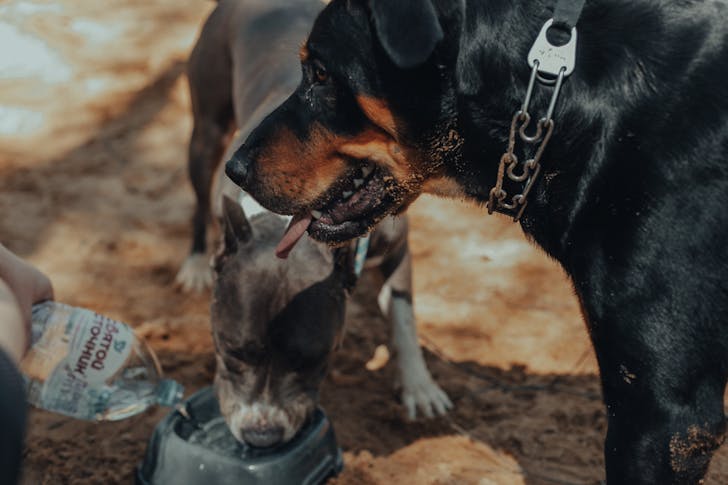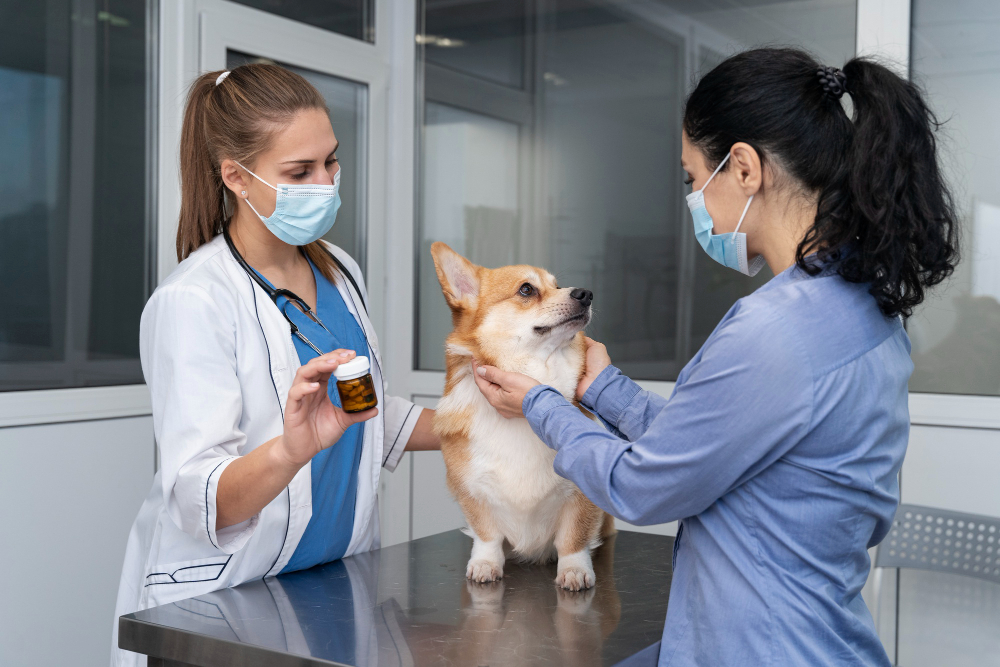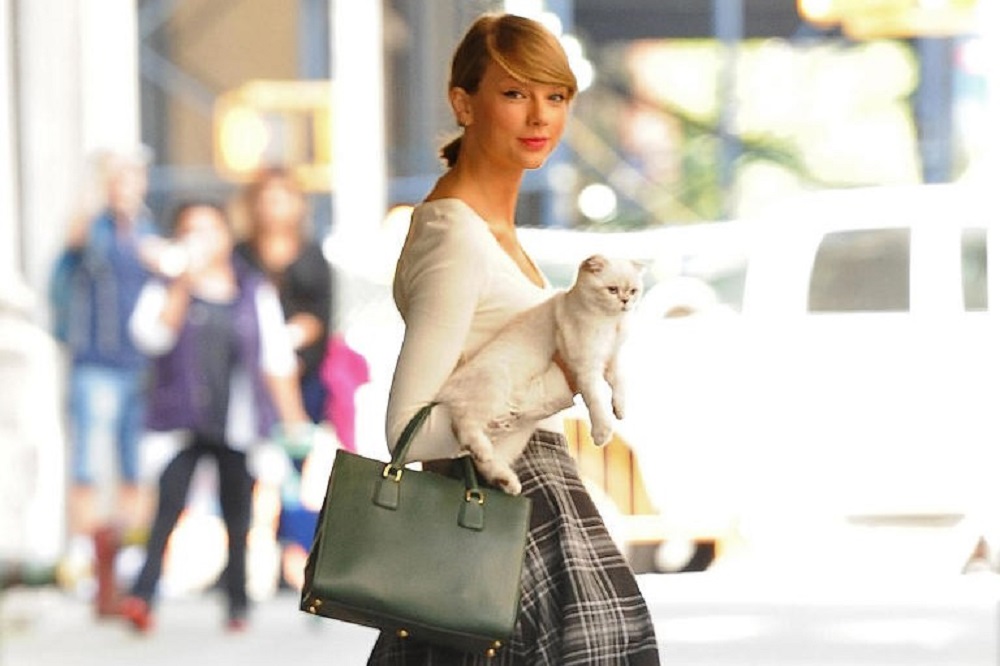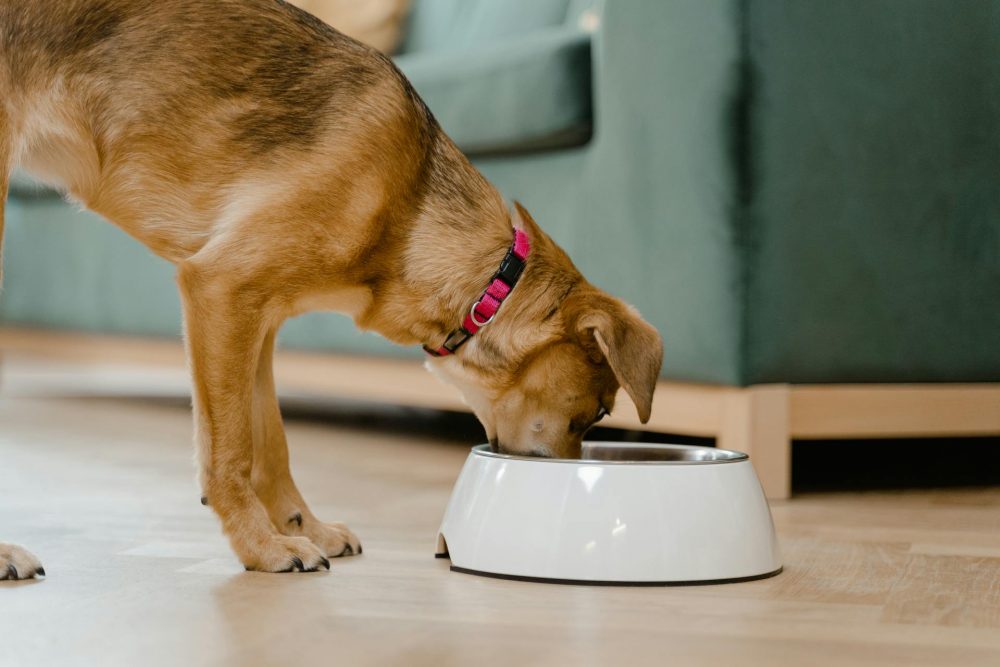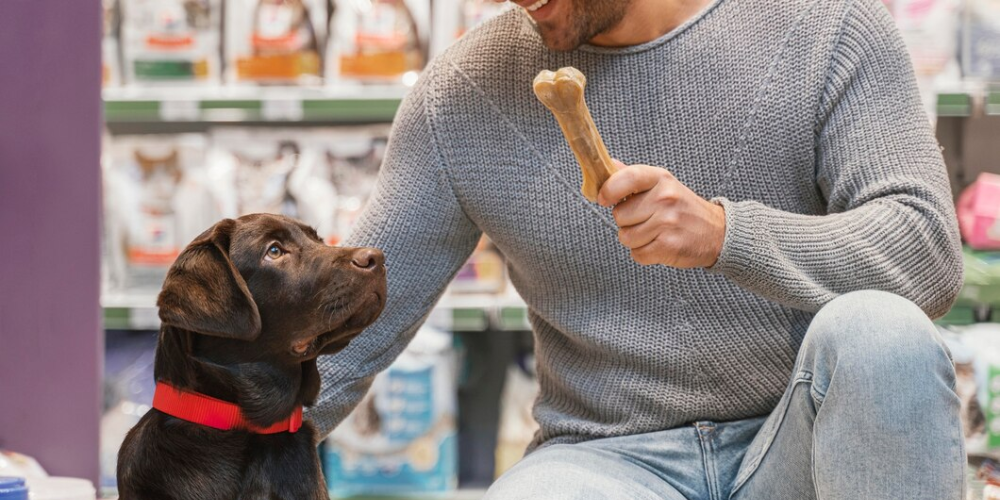Have you ever noticed your dog coughing after they take a drink of water? This may seem alarming, but it's a relatively common issue among canines. Understanding the reasons behind this cough can help you determine whether it’s a minor hiccup in your dog’s drinking habits or a symptom of a more serious health issue. Here’s everything you need to know about dog coughs after drinking water.
Why Does My Dog Cough After Drinking Water?
The sight of your dog coughing after lapping up water can be distressing. The most common reason for this is quite simple: your dog may be drinking too fast. When dogs gulp water too quickly, it can cause a small amount of liquid to enter the trachea (windpipe) rather than going down the esophagus to the stomach. The trachea is only meant for air, not water, so this accidental detour triggers a cough reflex, which is your dog's attempt to clear their windpipe.
More Serious Causes of Coughing
In some cases, frequent coughing after drinking can signal underlying health issues that require veterinary attention:
Collapsing Trachea
This condition is especially common in small breed dogs but can affect any dog. It involves the collapse of the tracheal rings, leading to a distinctive, harsh cough that sounds like a goose honk. This can occur when the dog drinks water, gets overly excited, or exerts themselves. Diagnosis typically involves a physical exam and may require imaging studies like X-rays.
Laryngeal Paralysis
Older, larger dogs are more prone to this condition, where the laryngeal folds (part of the vocal cords) do not function properly. This can cause a partial airway blockage or allow water to slip into the trachea, triggering coughing. Signs of laryngeal paralysis include changing bark tone, labored breathing, and difficulty swallowing. A veterinary examination, a detailed history of the symptoms, and possibly observing the throat while the dog is sedated are necessary for diagnosis.
Practical Measures to Prevent Coughing
Managing how your dog drinks can often mitigate this coughing. One effective strategy is to use a slow-feeder bowl, which has built-in obstacles that prevent dogs from drinking too quickly. Alternatively, providing smaller amounts of water more frequently can also help control the pace at which your dog drinks.
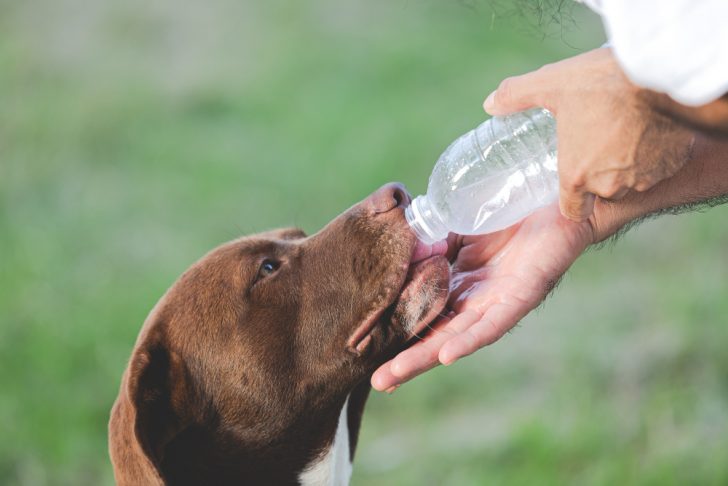
jcomp | Freepik | Providing smaller amounts of water more frequently can also help control the pace at which your dog drinks.
When to Consult Your Veterinarian
If coughing after drinking is a recurring issue for your dog, it's advisable to consult with a veterinarian. They can assess whether your dog’s coughing is a benign symptom due to drinking habits or a sign of a more significant medical condition. Early detection and treatment can prevent further complications and help maintain your dog’s health.
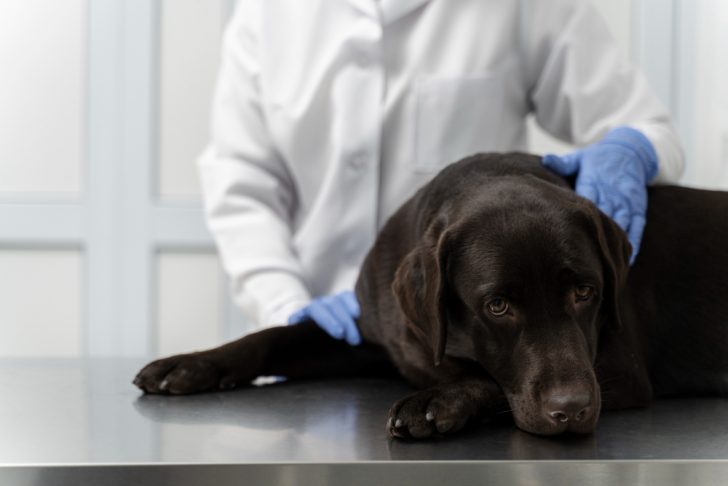
Freepik | Veterinarian will assess whether your dog’s coughing is a benign symptom due to drinking habits or a sign of a more significant medical condition.
By understanding why your dog may cough after drinking water and recognizing the signs of more severe conditions, you can take proactive steps to ensure your pet remains healthy and comfortable. Simple adjustments to drinking habits can make a big difference, while awareness of symptoms that accompany more serious health issues can prompt timely veterinary care.

